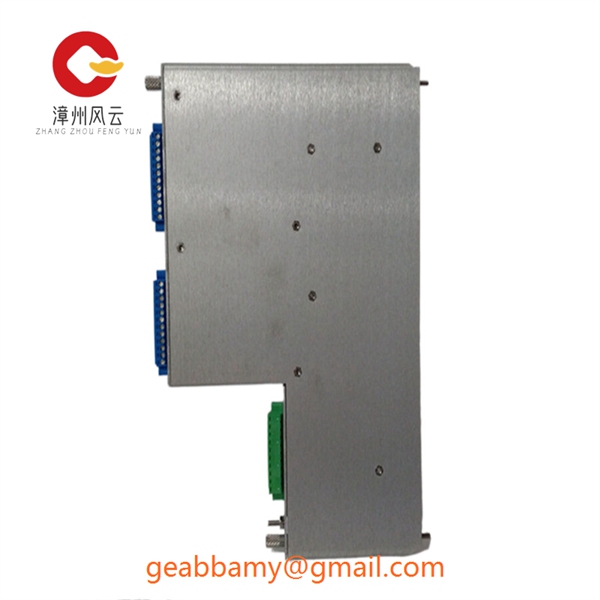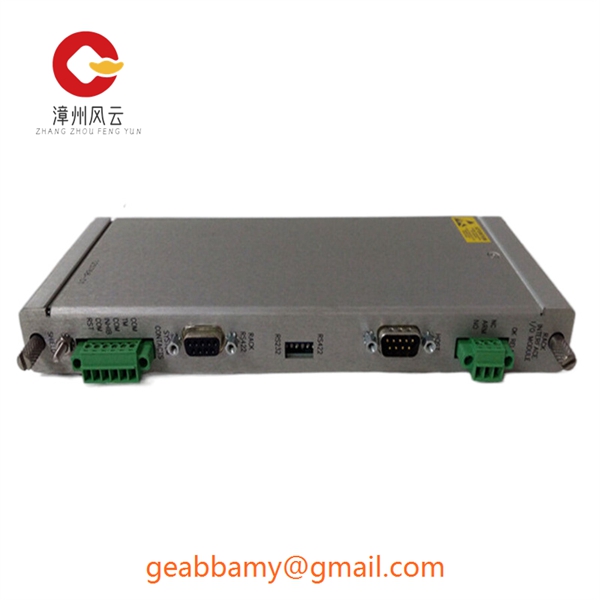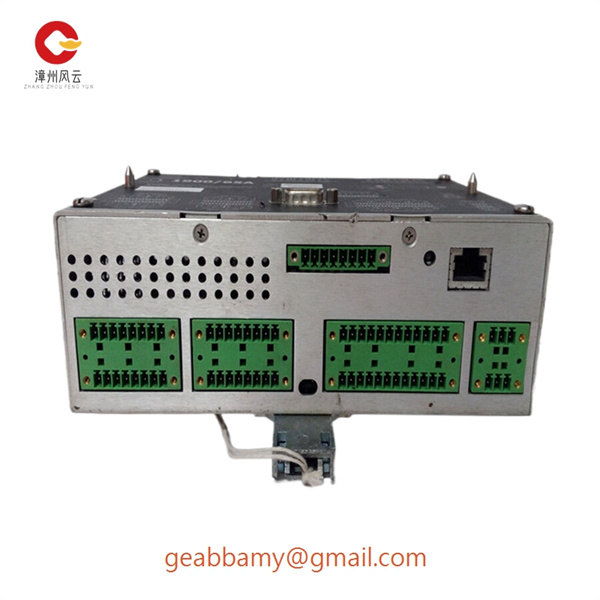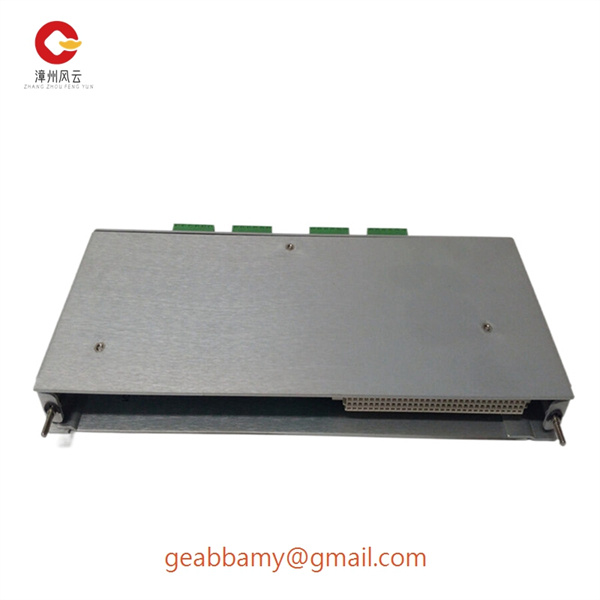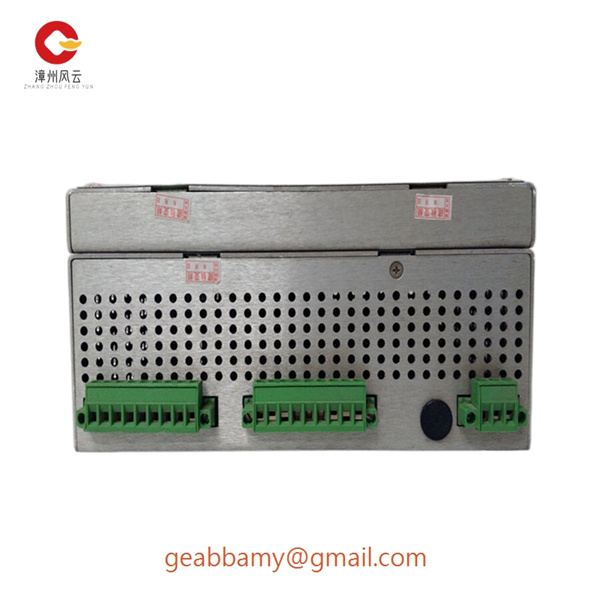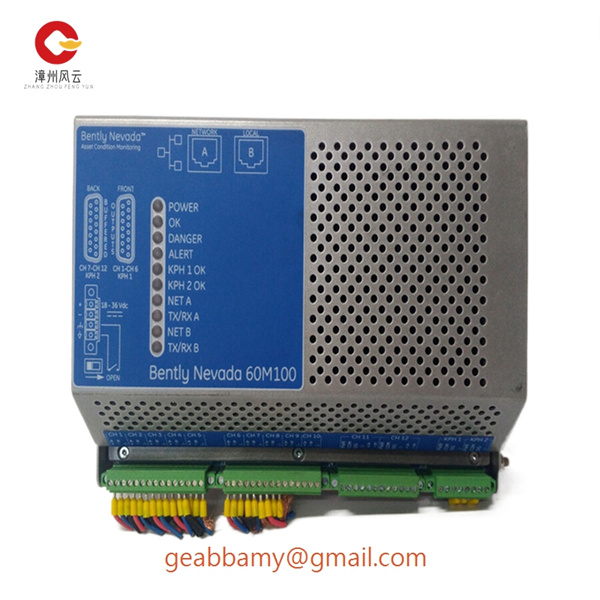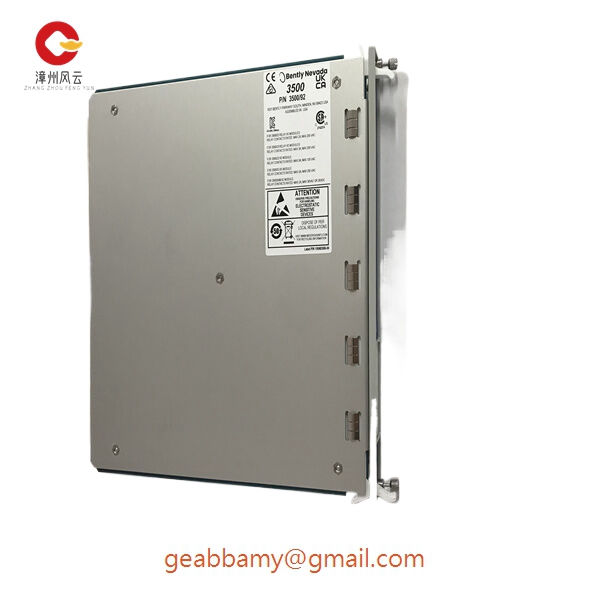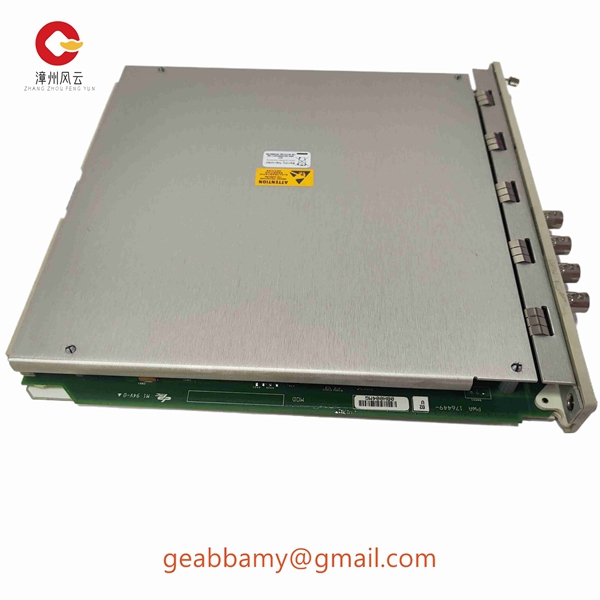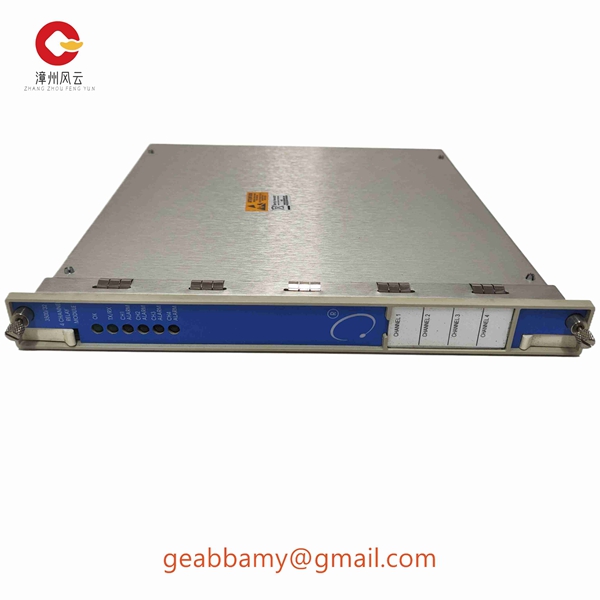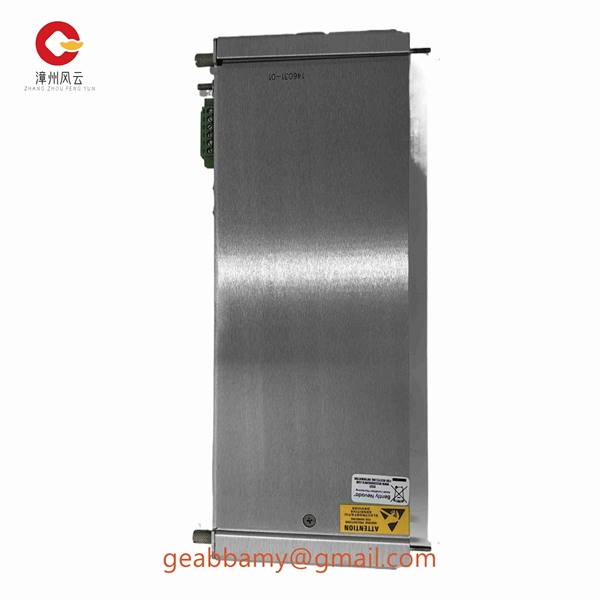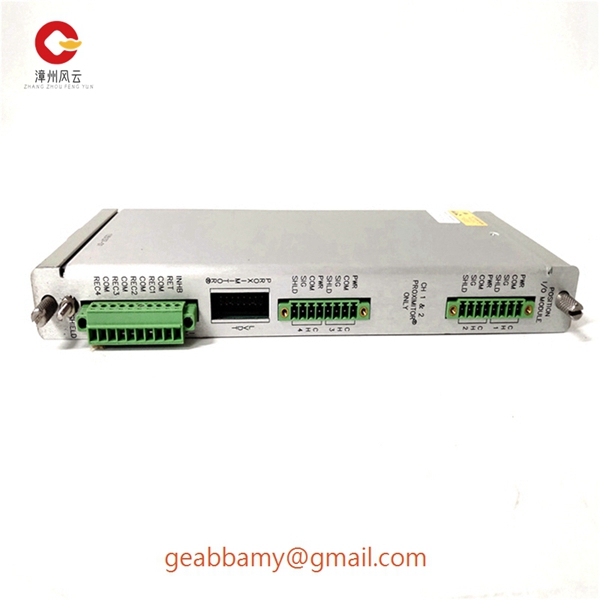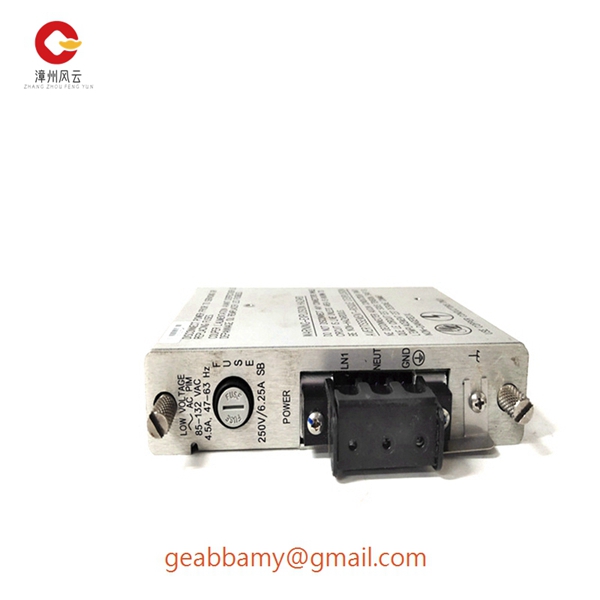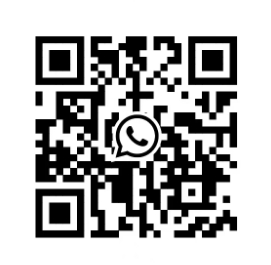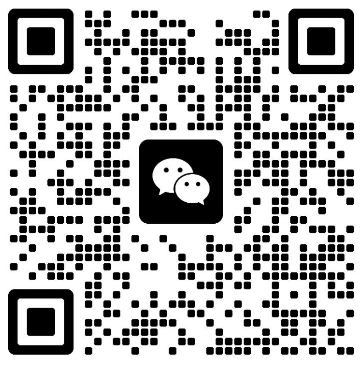You are here:
- Home
- Product
- BENTLY NEVADA
- 3500/70 125720-01 Communication Interface Module
Product code: N/A
3500/70 125720-01 Communication Interface Module
📣Model Number:3500/70 125720-01
🌍Country of origin: USA France Germany Estonia Norway UK
⌚Delivery date: in stock
🛠After-sales service: brand new with one year warranty
⚙️ Product Category: Module/Controller/Server/Motor/Touch Screen
🕰Warranty: 12 months/365 days
📦Product Packaging: seller provides complete and safe protection packaging
🚚 Freight: according to the local freight forwarder, the freight should be subject to different areas.
🆓Whether tariffs are included: no taxes are included
☎️ Please contact me: 15359029662 Ms. Amy Sun
📎Chinese official website: www.dcsplcabb.com
📩Email: geabbamy@gmail.com
💬Whatsapp: +86 15359029662
Detailed content
3500/70 125720-01
3500/70 125720-01 communication interface module that allows customers to exchange data in a direct and cost-effective manner between their I/A Series Distributed Control System and existing third-party devices such as motor controllers, variable-speed drives, and remote discrete I/O. The I/A Series Fieldbus Module 229 provides a reliable, high-capacity interface between DeviceNet I/O devices and I/A Series DCS. The I/A Series Fieldbus Module 229 provides a reliable, high-capacity interface between DeviceNet I/O devices and I/A Series DCSs, allowing data exchange without the need for expensive gateways. The module saves engineering effort and time, reduces points of failure, and provides an integrated environment for customers to control and monitor their assets in a collaborative view. It also enhances the openness of the I/A Series DCS, providing interoperability with a wide range of devices and protocol types from multiple vendors.
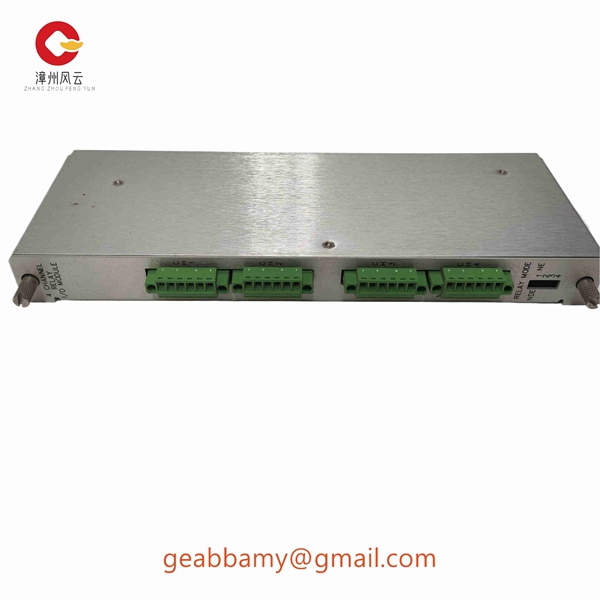
3500/70 125720-01 Function:
Provides reliable, native integration between DeviceNet devices and Foxboro I/A Series systems;
Reduces device costs by eliminating gateway solutions;
Improves engineering quality through template-based standards implementation and reusable design;
Increased productivity by reusing configuration parameters inherited from device templates;
Support for all communication types and messages;
Reducing field labor costs and configuration efforts;
Adapting to the user’s choice of instrumentation, independent of device type or vendor.




